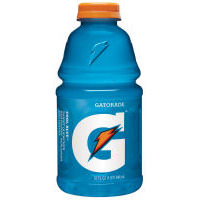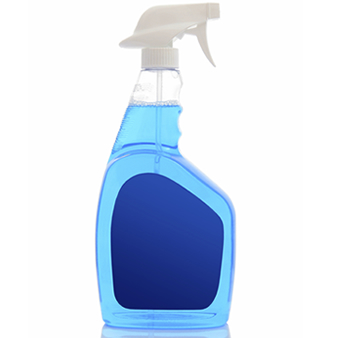Here are some common hazards to children's safety.
Remember choking deaths in children are mainly caused by foods and small objects like gel candies, hot dogs, grapes, balloons, disc batteries and handfuls of nuts.
Follow these simple steps to prevent choking:
- Keep a careful eye on the child during meals and snacks
- Introduce new food textures slowly and carefully
- Check for small items of any type that a child may choke on
- Choose toys that are labelled appropriate for the age of your child
- Teach older siblings NOT to give small items or toys to younger children.
- Know how to give first aid to a choking child
If you suspect that a child has choked on an object, please explain that to medical personnel as soon as possible. Bring an example of the foreign body if possible.
A Heimlich manoeuvre is necessary only if someone is unable to speak clearly and is turning blue.
The most severe choking incidents treated at BC Children's Emergency Department involved hot dogs, popcorn, grapes, carrots, nuts and gel candies. Non-food hazards included coins, nails and screws, small toy pieces, buttons and earrings. Also, keep disc batteries and small magnets away from young children. Deflated or broken balloons are also a choking hazard.
Drop a few of the above items into a toilet paper tube. Items that fit are likely to be choking hazards and should be kept out of reach. Always remind parents to grate food before serving and cut grapes in half, especially for children under age three. Parents should not give popcorn to children under four years of age.
Falls account for more than half of all the injuries and most often children fall from furniture and stairs, in addition to falling through windows. (source: Safe Kids Canada). Other common places children can fall from are coffee tables and fireplaces. Unstable or top-heavy bookcases, dressers, and TV stands can tip over onto a child. Samples of safety products in your kit can include corner, table and hearth cushions, anti-tip brackets, and window and door locks.
Windows need to be locked in to a 10 cm (4 in) maximum opening. Use a ruler to see how wide that is.


Children cannot read labels. They also like to imitate their parents or caregivers. By seeing cleaners and medications through the eyes of a child, adults can learn how easily their children might drink or eat something poisonous.
Compare common medications (coloured pills), nicotine gum and cleaners, along with non-toxic 'look-alikes' like apple juice or fruit punch, regular gum, and small, coloured candy. Poison prevention brochures are available from the BC Drug and Poison Information Centre in Vancouver. Phone: 604-682-2344 ext. 62126 or visit: http://www.dpic.org/index.php
Many models of child car seats are been recalled.
For all your questions regarding car seats, visit BCAA. There you will find information on car seat safety at every age and stage, car seat recalls, BC child passenger safety laws and more!
Watch videos on how to install car seats and booster seats by our national injury prevention organization, Parachute Canada.
Car seats purchased in the U.S: Transport Canada warns that purchasing your car seat in the US is not the best deal for your child's safety.
Expired car seats: Car seats and boosters: How long are they safe? Transport Canada answers.
BCAA Road Safey Foundation
Find out if your car seat has been recalled. Also provides a list of parent workshops and car seat information at each age and stage.
ICBC
Transport Canada
Information on air bags, car seat expiry dates, the concern with U.S. purchased car seats and much more.
Car Seat Safety and Kids
Aims to provide users with a toolkit of evidence-based child passenger safety resources.
U.S. Auto Insurance
Provides some car seat safety tips.
Second-hand products
Many products designed for children are not necessarily governed by safety standards. As well, there are thousands of recalls affecting toys, furniture, playpens, strollers and infant swings/entertainment centres. In April 2004, Health Canada imposed a ban on the sale, importation and advertisement of wheeled baby walkers in Canada. Walkers are still used in households across the country, and are extremely dangerous.
For a complete list of recalls on all nursery products and toys, visit http://www.healthycanadians.ca/index-eng.php.
